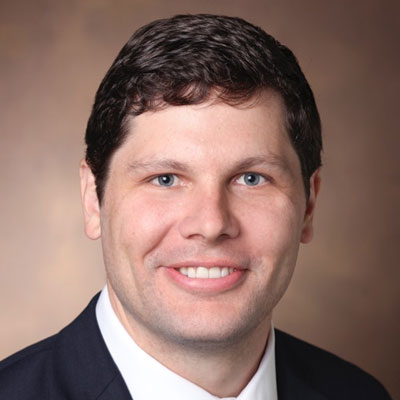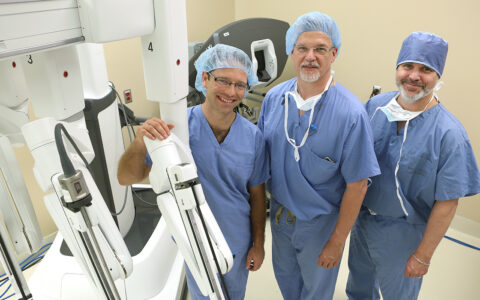Unaddressed erectile dysfunction after traumatic pelvic injury costs men an average 1.6 quality adjusted life years every decade, according to a study in the Journal of Trauma and Acute Care Surgery.
The publication is just one of several recent reports from urologist Niels Johnsen, M.D., and colleagues at Vanderbilt University Medical Center detailing the prevalence and impact of sexual dysfunction in both men and women after traumatic pelvic fracture.
Collectively, their research has shown that over 50 percent of men and nearly 60 percent of women have persistent problems with sexual dysfunction three to four years out from their pelvic trauma injuries, with many never having post-injury discussions about sexual health with their provider.
“Our failure to address these problems as healthcare providers results in significant loss of quality of life for these patients who are already dealing with other significant consequences of their traumatic injury,” Johnsen said.
As many of these concerns can be clinically managed, Johnsen advocates for better post-injury care pathways that acknowledge and address the sexual health needs of pelvic trauma patients.
Inadequately Addressed Concerns
Johnsen first launched this research after meeting several patients in clinic who were unaware that their current sexual dysfunction may be tied to their past pelvic fractures, or that treatment options were available.
“I’d be seeing them for other concerns, but I would raise the topic of their erectile function or their sexual health,” he said. “After explaining that the issues they are having are likely from their injury, many patients said, ‘I never would have put that together,’ or, ‘No one’s ever mentioned this to me; I wish someone would have talked about it with me.’”
Survey Studies
In 2019, Johnsen and colleagues published a survey study of nearly 300 men who suffered a traumatic pelvic fracture, finding that just 20 percent had conversations with their provider about their sexual health post-injury. Even when these discussions did occur, 70 percent were initiated by the patient, not the provider.
“Our failure to addresses these problems as healthcare providers results in significant loss of quality of life for these patients who are already dealing with other significant consequences of their traumatic injury.”
A newer survey study from Johnsen and colleagues indicates that women’s sexual health concerns are also inadequately addressed, with just 61 percent of women having had conversations with their provider on the topic, 83 percent of which were patient-initiated.
“We need to figure out how to normalize discussions of sexual health to ensure that patients get the appropriate resources and counseling after their injuries,” Johnsen said.
A Sharp Impact on QOL
To gather insight on patient experiences with sexual dysfunction after pelvic trauma, Johnsen led a follow-up study involving semi-structured interviews with 15 men with a history of traumatic pelvic fracture. One consistent experience was the negative impact sexual dysfunction had on self-image and romantic relationships.
“After explaining that the issues they are having are likely from their injury, many patients said, ‘I never would have put that together,’ or, ‘No one’s ever mentioned this to me; I wish someone would have talked about it with me.’”
“Some patients said that they had partners who left them, or they felt like they were less of a man, because they couldn’t function sexually,” Johnsen said.
Many also described what Johnsen refers to as unknown care pathways, with patients being provided inconsistent information and not knowing who to turn to for accurate advice, as well as feeling like their sexual health was not adequately addressed in their recovery.
“One patient said, ‘I realized I had been asking the right questions. It just did not seem like there were right answers.’” Johnsen included this patient’s experience and that of others in the published manuscript.
Building Better Care Pathways
Much of the information gathered from the qualitative interview study is helping Johnsen and colleagues, including orthopaedic surgeon Phillip Mitchell, M.D., and others within the Division of Orthopaedic Trauma, to develop structured survivorship care pathways that prioritize sexual health after pelvic trauma.
Patients want sexual health information and resources and to have the ability to set expectations for their recovery, Johnsen says.
“For a lot of people, their sexual health is important; it can impact their quality of life, and it shouldn’t be marginalized just because of other issues going on in the patient’s health,” he said.






